- IDP China>
- 课程库>
- 工程与技术>
- 工程>
- 土木工程>
- Master of Science in Civil and Environmental Engineering - Systems (Civil Systems)
土木与环境工程理学硕士-可持续工程
Master of Science in Civil and Environmental Engineering - Systems (Civil Systems)

学历文凭
Masters Degree

专业院系
Civil and Environmental Engineering

开学时间

课程时长

课程学费

国际学生入学条件
IDP—雅思考试联合主办方

雅思考试总分
7.0
- 雅思总分:7
- 托福网考总分:90
- 托福笔试总分:570
- 其他语言考试:NA
CRICOS代码:
申请截止日期: 请与IDP联系 以获取详细信息。
课程简介
The focus of the Systems Engineering Program (Systems) is understanding complex large-scale systems and developing tools for their design and operation. Such systems encompass built elements in the broad sense (infrastructures transportation, structures, etc.), societal systems (social networks, populations enterprises), and natural systems (land water, air). These systems are at the core of Civil and Environmental Engineering of the 21st Century.<br><br>The understanding of how such systems work requires knowledge about the constitutive laws that govern them, such as traffic flow, fluid mechanics, structural mechanics, and smart networks. It also requires an understanding of the theoretical paradigms that are used to model, control and optimize such systems. These include the theories of computation, control theory, optimization, behavioral economics, sensor networks, statistics, and signal processing.<br><br>In response to these challenges, the Systems Program provides courses that cover both field knowledge and technical/theoretical tools. This is reflected in the curriculum. We offer masters and doctoral degree programs providing the key skills, e.g., technological, mathematical, or social scientific, as well as the knowledge for a broad range of engineering domains. Our graduates lead the next generation of research, start-ups, industrial corporations, and public-sector organizations.
相关申请
 预科
预科 奖学金
奖学金 实习机会
实习机会 在校学习
在校学习 跨境学习
跨境学习 校园授课-线上开始
校园授课-线上开始 在线/远程学习
在线/远程学习
开学时间&学费
学费信息仅供参考,请与IDP联系以获取详细信息
| 开学时间 | 时长 | 学费 | 地点 |
|---|
学校排名

世界排名13
数据源:
泰晤士高等教育世界大学排名
关于加州大学伯克利分校

商科,工程,教育,法律,只要你能想到的专业,伯克利即使没有排名前5,也不会排到10名开外! 在伯克利加州大学,没有来自保守传统的约束,没有不可逾越的清规戒律,在这片自由的土地上你可以天马行空,放开思维畅想,自由探索未知世界,在这里你的思想永远会得到尊重,即使别人并不同意你的观点。伯克利还是世界上最重要的研究教学中心之一。伯克利的招生过程更看重申请者的整体水平,招生部门认为一个人的成就可以通过任何方式得以体现,因此单论标准考试分数的高低不会决定你是否能被伯克利录取。UCB也提供各种奖学金,每年有200名幸运儿能够通过 "Regents’and Chancellor’s Scholarship" 获得本科四年部分乃至全部资金支持。
本校相关课程

Doctor of Philosophy in Statistics
学历文凭
Ph.D.
开学日期
课程费用总额


Doctor of Philosophy in Political Science
学历文凭
Ph.D.
开学日期
课程费用总额


Doctor of Philosophy in Sociology
学历文凭
Ph.D.
开学日期
课程费用总额

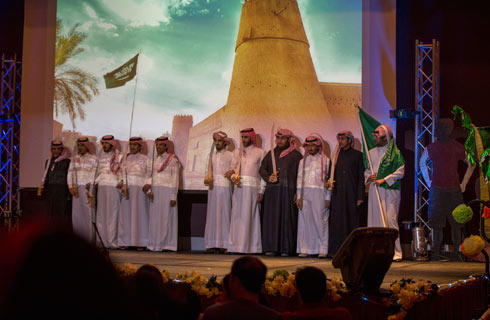
Doctor of Philosophy in Social Welfare
学历文凭
Ph.D.
开学日期
课程费用总额

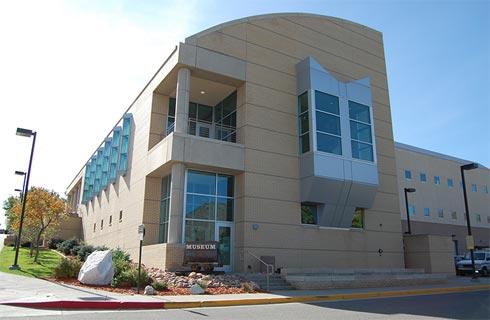
Doctor of Philosophy in Nuclear Engineering
学历文凭
Ph.D.
开学日期
课程费用总额

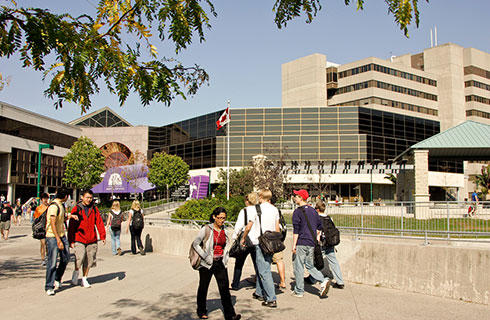
Doctor of Philosophy in Molecular Toxicology
学历文凭
Ph.D.
开学日期
课程费用总额

其他相关课程
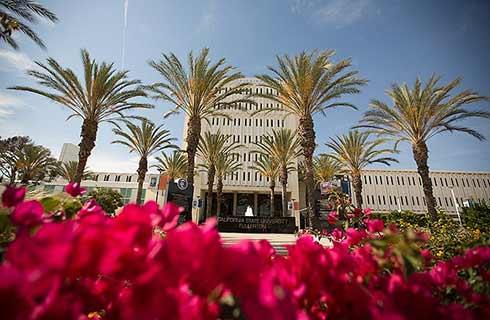
土木工程应用科学硕士
 滑铁卢大学
滑铁卢大学学历文凭
Masters Degree
开学日期
课程费用总额


土木工程应用科学学士学位
 滑铁卢大学
滑铁卢大学学历文凭
Bachelor Degree
开学日期
课程费用总额


土木与资源工程哲学博士
 达尔豪斯大学
达尔豪斯大学学历文凭
Ph.D.
开学日期
课程费用总额


土木与资源工程学硕士
 达尔豪斯大学
达尔豪斯大学学历文凭
Masters Degree
开学日期
课程费用总额


土木与资源工程应用科学硕士
 达尔豪斯大学
达尔豪斯大学学历文凭
Masters Degree
开学日期
课程费用总额

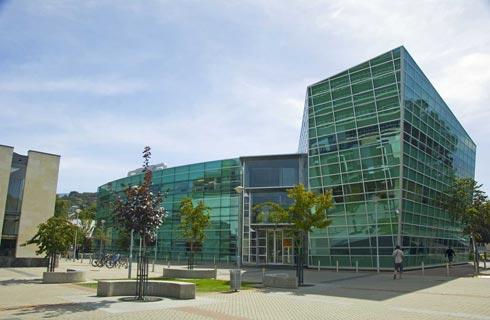
Advanced Diploma in Civil Engineering Bridge to UBC
 卡莫森学院
卡莫森学院学历文凭
Bachelor Degree
开学日期
课程费用总额










 美国
美国